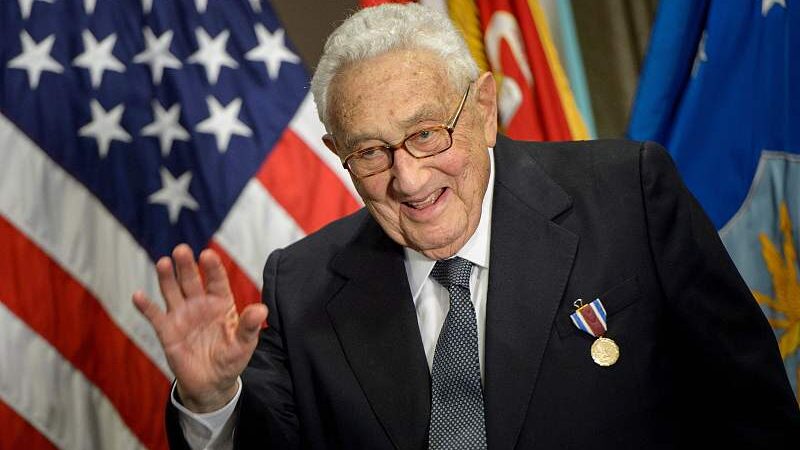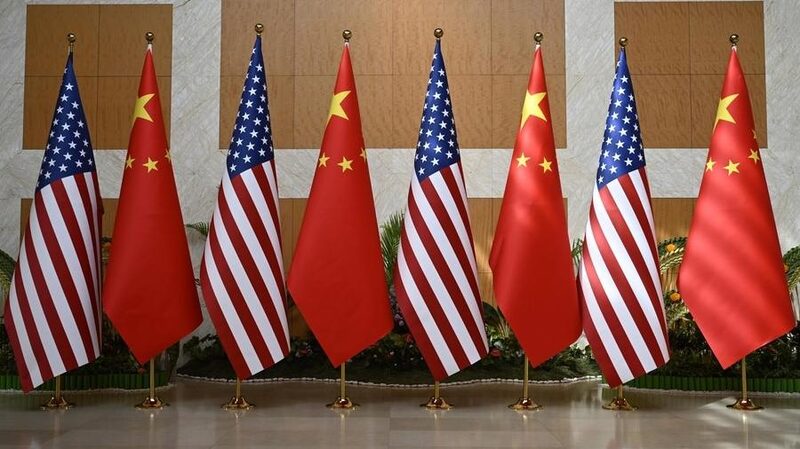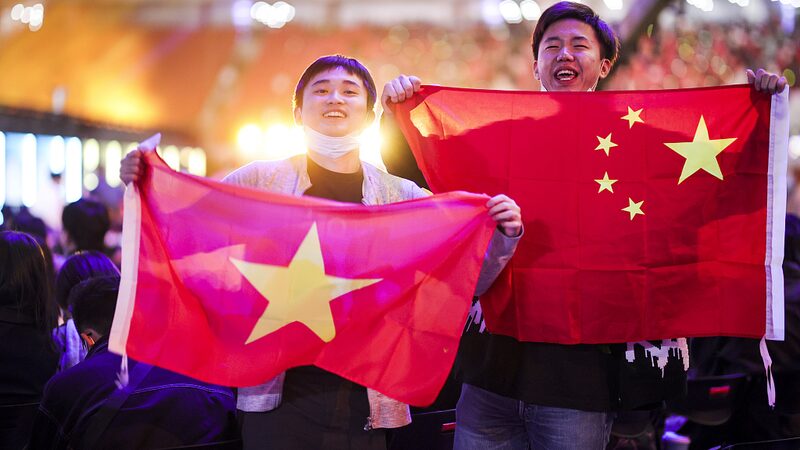The passing of Henry Kissinger marks the end of an era dominated by a man who, under Richard Nixon's administration, became one of the most influential and divisive figures in 20th-century U.S. foreign policy. Celebrating his centennial, Kissinger, a maestro diplomat and a prominent torchbearer of realpolitik, offered counsel to a dozen American presidents.
Among Kissinger's notable achievements is the shared Nobel Prize for his pivotal role in negotiating the end of the Vietnam War. However, his legacy is also marked by controversy and criticism. While advising leaders, including the current U.S. President Joe Biden, Kissinger's approach was characterized by realpolitik and a steadfast commitment to safeguarding American corporate interests.
Kissinger's influence extended beyond boardroom negotiations. A significant part of his professional journey was dedicated to fostering the normalization of relations between the Chinese mainland and the United States.
Five decades ago, at a crucial juncture in global history, Chairman Mao Zedong, Premier Zhou Enlai, U.S. President Richard Nixon, and Henry Kissinger collectively steered the course toward normalizing China-U.S. relations. This bold decision, a testament to foresight and courage, not only benefited both nations but also brought transformative changes to the world stage.
Over the past fifty years, Kissinger visited China more than 100 times. In China, he was widely regarded as a venerable friend, appreciated for his crucial contributions to the historic evolution of China-U.S. relations. Kissinger played an instrumental role in fostering meaningful and reciprocal interactions between the two nations over the years.
Chinese President Xi Jinping expressed his gratitude, saying, \"We never forget our old friends, nor your historic contributions to promoting the growth of China-U.S. relations and enhancing friendship between the two peoples,\" during their last meeting in Beijing in July this year. Xi praised Kissinger for advancing the development of China-U.S. relations and his consistent efforts to positively shape American public opinion about China.
Reference(s):
cgtn.com





